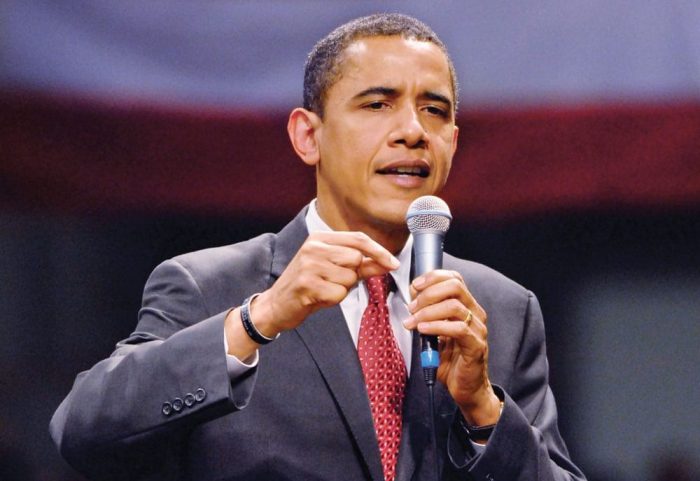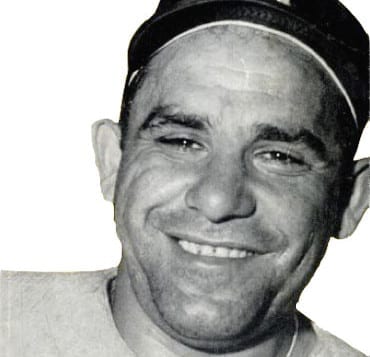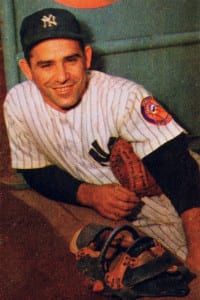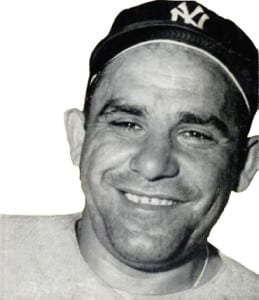By Daniel Dunaief

Years before he was the 44th president of the United States, Barack Obama gave me a call.
I was working at Bloomberg News as a banking reporter and was covering some financial services issue. A source of mine suggested that I chat with this state senator from Illinois, whom he insisted was going places. My source clearly recognized Obama’s potential.
What I recall about a conversation that was akin to getting a rookie card for Derek Jeter was that Obama was erudite, eloquent and halting in his response to my questions. Attuned to the rapid pace of New York conversation, I was unaccustomed to the cadence of his conversation.
When Obama ran for office, I recognized not only his name but also his speech pattern.
I have had brushes with a wide range of people of varying levels of fame, often times in the context of my work as a journalist. Please find below a brief compendium of such interactions.
— Jim Lovell. The commander of Apollo 13, Lovell and his wife Marilyn attended an event in Florida where I was their point of contact. When the cool night breeze gave Marilyn a chill, Lovell jumped up to get her sweater and asked when they could leave. I asked my bosses, who wanted Lovell, who was the honored guest, to stay until after dinner. He was greatly appreciative when I told him he could finally lift off.
— Yogi Berra. I attended an event at Tavern on the Green event, where Berra was a client of the host. Even though I was only five foot, seven inches tall at the time (I’m probably a bit shorter now), I towered over the older and thin former Yankees catcher. When I told him it was an honor to meet him, he took my hand in his and offered a polite smile.
— Eliot Spitzer. Before he was a governor and client 9, Spitzer was a hard-charging New York Attorney General who went after investment banks for inflating stocks to help their business at the potential expense of investors. I spoke regularly with Spitzer, whose energy and intellect made it hard for my fingers to keep up while I was typing notes. I expected the impressive and ambitious Spitzer to ascend to national office.
— Scott Kelly. I interviewed Astronaut Scott Kelly after he set an American record for continuous time in space of 340 days aboard the International Space Station. With his then girlfriend, now wife, Amika Kauderer, in the room, the two of them described his book. She also recounted the second class treatment she received from some of the wives who weren’t impressed with her status as a girlfriend.
— Ed Koch. The former New York mayor was a staple at Bloomberg News, where I worked for several years. At 6 feet, two inches tall, Koch towered over me as he regularly filled his plate with some of the free snacks and sugary treats at the newsroom.
— Hank Paulson. I interviewed the former Chairman and CEO of Goldman Sachs at an International Monetary Fund meeting in Hong Kong. After I asked the first question, Paulson, who would become Treasury Secretary, yanked the microphone out of my hands and spent the rest of the interview holding it up to his mouth. I tried to project my voice into the microphone and above the chatter in a crowded restaurant.
— Goldie Hawn. At a lunch at Shun Lee Palace near Lincoln Center with a former banker from the now defunct Lehman Brothers, I spotted the famous actress as I approached her crowded table. Dressed in a sleeveless black dress, she could tell I recognized her. Rather than look away, she gave me a warm and welcoming smile. I wished, even moments later, that I had given her a thumbs up or an appreciative grin.
— Earl “The Pearl” Monroe. When I was at the New York Daily News, I spoke regularly with the Knicks legend for a rookie (Channing Frye) vs. veteran stock picking contest. While he lost the contest, he couldn’t have been friendlier and more receptive during our weekly calls, updating me on his life and sharing his weekly stock picks.








